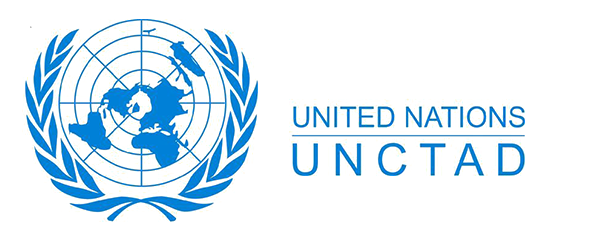By Haruna Gimba
After several quarters of decline, international trade is poised for a rebound during the rest of 2024, according to the latest Global Trade Update from the United Nations Conference on Trade and Development (UNCTAD).
Last year saw a three per cent contraction, equalling roughly $1 trillion, compared to the record high of $32 trillion in 2022.
Despite this decline, the services sector showed resilience with a $500 billion (eight per cent) increase from the previous year, while trade in goods experienced a $1.3 trillion, or five per cent, decline compared to 2022.
The fourth quarter of 2023 marked a departure from previous ones, with both merchandise and services trade stabilising. Developing countries, especially those in Africa, East Asia and South Asia, saw a return to growth.
While major economies generally saw a decline last year in merchandise trade – or the import and export of goods – there were exceptions, said UNCTAD.
Russia “exhibited notable volatility in trade statistics,” and towards the end of 2023, trade in goods grew in China (up five per cent in terms of imports) and India (five per cent growth in exports) although it declined for Russia and the European Union.
During 2023, trade performance declined in the developing world by approximately four per cent and by around six per cent in developed economies.
South-South trade, or trade between developing economies, saw a steeper decline of around seven per cent.
However, these trends reversed in the last quarter of 2023, with developing countries and South-South trade resuming growth while trade in developed countries remained stable.
Geopolitical tensions continued to impact bilateral trade, as shown by Russia reducing its trade dependence on the European Union while increasing its reliance on China. Trade interdependence between China and the United States decreased further in 2023.
Regionally, trade between African economies bucked the global trend by increasing six per cent last year, whereas intraregional trade in East Asia and Latin America lagged behind the global average.




